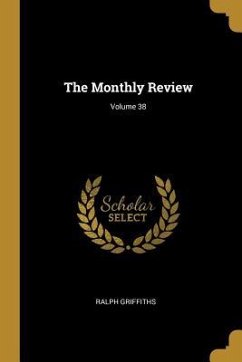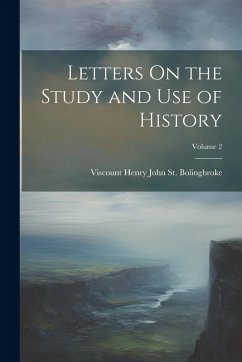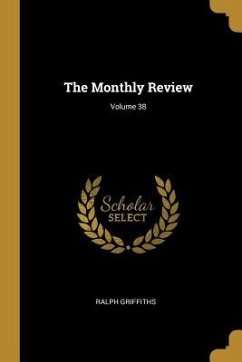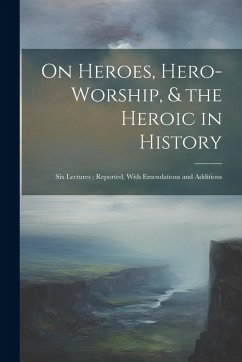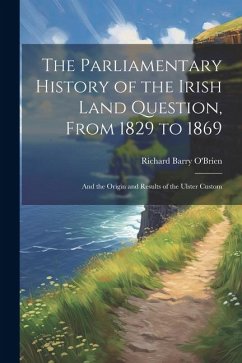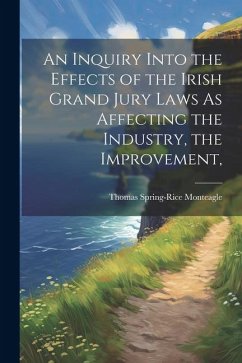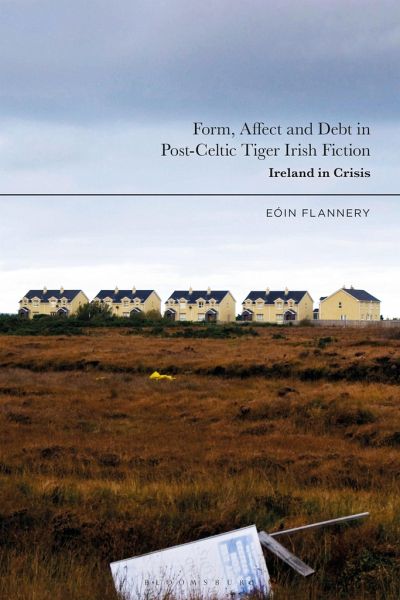
Form, Affect and Debt in Post-Celtic Tiger Irish Fiction: Ireland in Crisis
Versandkostenfrei!
Versandfertig in über 4 Wochen
44,99 €
inkl. MwSt.
Weitere Ausgaben:

PAYBACK Punkte
22 °P sammeln!
Based on readings of some of the leading literary voices in contemporary Irish writing, this book explores how these authors have engaged with the events of Ireland's recent economic 'boom' and the demise of the Celtic Tiger period, and how they have portrayed the widespread and contrasting aftermaths. Drawing upon economic literary criticism, affect theory in relation to shame and guilt, and the philosophy of debt, this book offers an entirely original suit of perspectives on both established and emerging authors. Through analyses of the work of writers including Donal Ryan, Anne Haverty, Cla...
Based on readings of some of the leading literary voices in contemporary Irish writing, this book explores how these authors have engaged with the events of Ireland's recent economic 'boom' and the demise of the Celtic Tiger period, and how they have portrayed the widespread and contrasting aftermaths. Drawing upon economic literary criticism, affect theory in relation to shame and guilt, and the philosophy of debt, this book offers an entirely original suit of perspectives on both established and emerging authors. Through analyses of the work of writers including Donal Ryan, Anne Haverty, Claire Kilroy, Dermot Bolger, Deirdre Madden, Chris Binchy, Peter Cunningham, Justin Quinn, and Paul Murray, author Eóin Flannery illuminates their formal and thematic concerns. Paying attention to generic and thematic differences, Flannery's analyses touch upon issues such as: the politics of indebtedness; temporality and narrative form; the relevance of affect theory to understandings of Irish culture and society in an age of austerity; and the relationship between literary fiction and the mechanics of high finance. Insightful and original, Form, Affect and Debt in Post-Celtic Tiger Irish Fiction provides a seminal intervention in trying to grasp the cultural context and the literature of the Celtic Tiger period and its wake.




